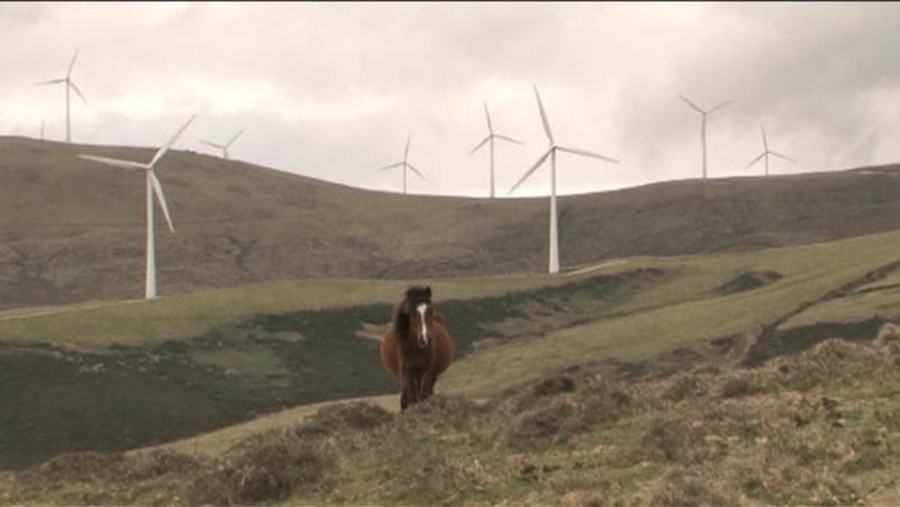
streaming video
|
Greening of Energy
Copies
0 Total copies, 0 Copies are in,
0 Copies are out.

streaming video
|